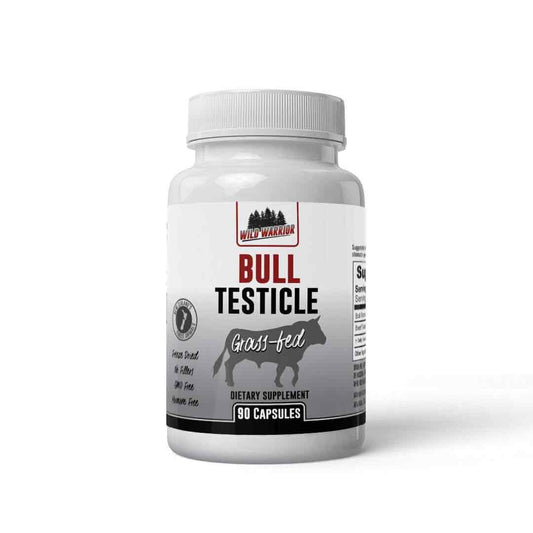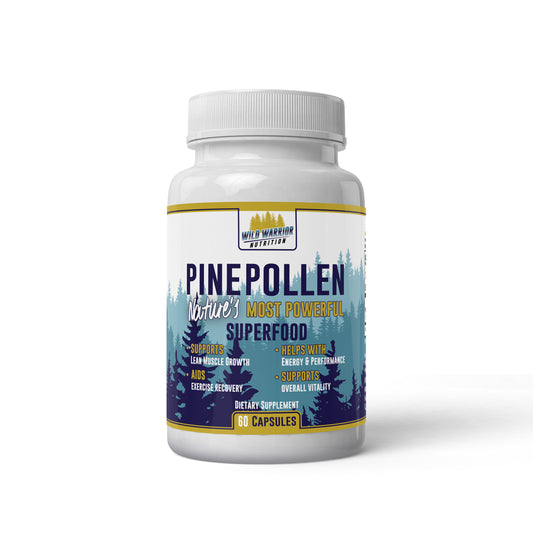There are so many things being discussed about probiotics, and many believe it has made a revolutionary entrance into the world of health, diet, and lifestyle.
To reap maximum benefits from probiotics, you need to know what it is and how you should include them in your lifestyle.
Let's look at how you should use probiotics in your daily life and the benefits you can gain.
What Are Probiotics?
Probiotics are the "good bacteria" that exist in your body. They mainly work on your digestive and immune systems. They are good at warding off harmful bacteria that can cause various health issues in your body.
Probiotics are in your body, but you can also get them from food sources and supplements. They are an additional boost to your system, so you should include them in your diet.
Characteristics Of Probiotics
Probiotics are a combination of live bacteria and yeasts that naturally exist in your body. The combination of bacteria, viruses, protozoa, and fungi such as yeasts, is called microbes.
Probiotic microbes have the following characteristics.
-
They can live isolated from humans.
-
They are safe to consume.
-
They can live in the digestive system after being indigested.
-
They are beneficial to human health.
Where Do Probiotics Live In The Body
Probiotics and other beneficial microbes live in the gut, especially the large intestines. Apart from that, probiotics also live in other areas of your body that are in contact with the outside world, including your:
-
Mouth,
-
Urinary tract,
-
Vagina,
-
Lungs, and
-
Skin.
Food Sources Of Probiotics
Although probiotics live in your body, you can also get them from food sources, including the following.
-
Yogurt, mainly plain Greek yogurt
-
Buttermilk
-
Kefir, which is a dairy-based drink
-
Sourdough bread
-
Fermented vegetables like pickles
-
Cottage cheese
-
Tempeh
-
Kombucha

People prefer to eat these food sources to gain the maximum benefits of probiotics in their bodies.
Probiotic Supplements
Apart from food sources, you can also get probiotics from supplements. This is because external factors like stress, chemicals in food and water, and processed food can have a negative impact on the number of "good" bacteria in your guts.
It is why many people prefer to get the required probiotics from supplements. You can discuss it with your doctor and come up with a suitable probiotic regimen. These supplements aim at restoring the natural diversity in your gut bacteria.
Probiotic supplements are available in the following forms.
-
Foods
-
Drinks
-
Powders
-
Liquids
-
Pills
The Best Time To Take Probiotics
The best time to take probiotics is before having your breakfast. It is the time when stomach acid production is at its lowest. Therefore, it's easier for probiotics to reach your small and large intestines when it's empty.
Although this is the recommended best time to take it, you can schedule it at your convenience. After all, what matters is that you stay consistent with your probiotic intake and fix it to a time you're comfortable with.
Remember that it is best to take probiotics at least 30 minutes before a meal. You should also avoid eating heavy meals when taking probiotics.
Probiotics will have a greater effort to reach your intestines because your stomach acid will be working on breaking down the food you eat.
Why Timing Matters When Taking Probiotics
The time you take probiotics matters a lot and will have an impact on how you benefit from taking them. When you stick to a particular time to have it, you become consistent, and the chances are that you won't miss it as it's part of your routine.
The other thing is that your stomach becomes acidic when you have a meal right before taking probiotics. Prolonged exposure to stomach acid kills probiotics. Therefore, probiotics will not reach your intestines, and you will not reap any of the good benefits.
You should aim at taking probiotics through your stomach acid in the fastest possible way. It is why it's best to have probiotics on an empty stomach.
Benefits of Probiotics
Probiotics prove to be extremely beneficial to your health in the following ways.
-
It optimizes the functionality of the digestive system by balancing gut bacteria.
-
It reduces symptoms of digestive issues such as diarrhea, constipation, and bloating.
-
It strengthens the immune system.
-
It protects the body against antibiotic resistance.
-
It protects the body from the damage caused by chronic inflammation.
-
It reduces the severity of allergies and eczema.
Tips To Gain Optimal Health Benefits From Probiotics
Here's how you can maximize the health benefits of probiotics.
-
Choose a product that is tailored to your health condition and requirements.
-
Store the product properly. Some probiotics need to be kept in the refrigerator as overheating can kill the beneficial bacteria.
-
Read the label to find out the recommended use instructions to ensure that you take it correctly.
-
Choose a high-quality product that is multi-species.
Side Effects And Interactions Of Probiotics
Probiotics are generally safe to take unless you have some serious health condition. However, some people may experience minor side effects, especially when they first take probiotics.
These side effects include mild bloating, frequent bowel movements, and flatulence. If you experience these side effects, it's just that your body is getting used to the probiotic. It also means that the probiotic cleans out harmful substances in your body.
However, if you experience these side effects for over a week of taking probiotics, you need to consult a doctor.
More serious side effects include severe diarrhea, allergic reactions, severe stomach cramps, difficulty breathing, swelling, and dizziness. If you experience these symptoms, stop using the product and consult a doctor.
Probiotics And Medical Conditions
It's generally safe to take probiotics as a healthy individual. However, it is best to avoid taking probiotics for the following people.
-
People with immune system disorders or a weak immune system.
-
Pancreatitis patients.
-
ICU patients.
-
People who suffer from melaena.
-
Infants with short bowel syndrome.
-
People with open wounds following surgery.
-
People with a central venous catheter.
In addition, pregnant and breastfeeding women should consult a doctor before taking probiotics.
Conclusion
Taking probiotics is the best way to increase the "good bacteria" in your body. These "good" bacteria can kill the bacteria that cause damage to your body.
To make optimal use of probiotics, you need to take them correctly. Taking probiotics on an empty stomach, especially before breakfast, is best to maximize its health benefits.
FAQs
Should I Eat Before Taking Probiotics?
It is best to take probiotics at least 30 minutes before having a meal. Stomach acid is low at this point, making it easier for probiotics to reach the small and large intestines.
Is It Okay To Take Probiotics With A Heavy Meal?
It's not okay to take probiotics with a heavy meal. Your stomach acid level is very high after a heavy meal. As a result, it takes more time to break down the food you eat, which delays the time it takes for probiotics to reach your intestines. Prolonged exposure to stomach acid kills probiotics.
Is It Okay To Take Probiotics With Other Medication?
Talk to your doctor if you have a medical condition, as certain medications can interact with probiotics and cause side effects.
Is It Okay To Take Probiotics Everyday?
Yes, it is safe to take probiotics everyday.





